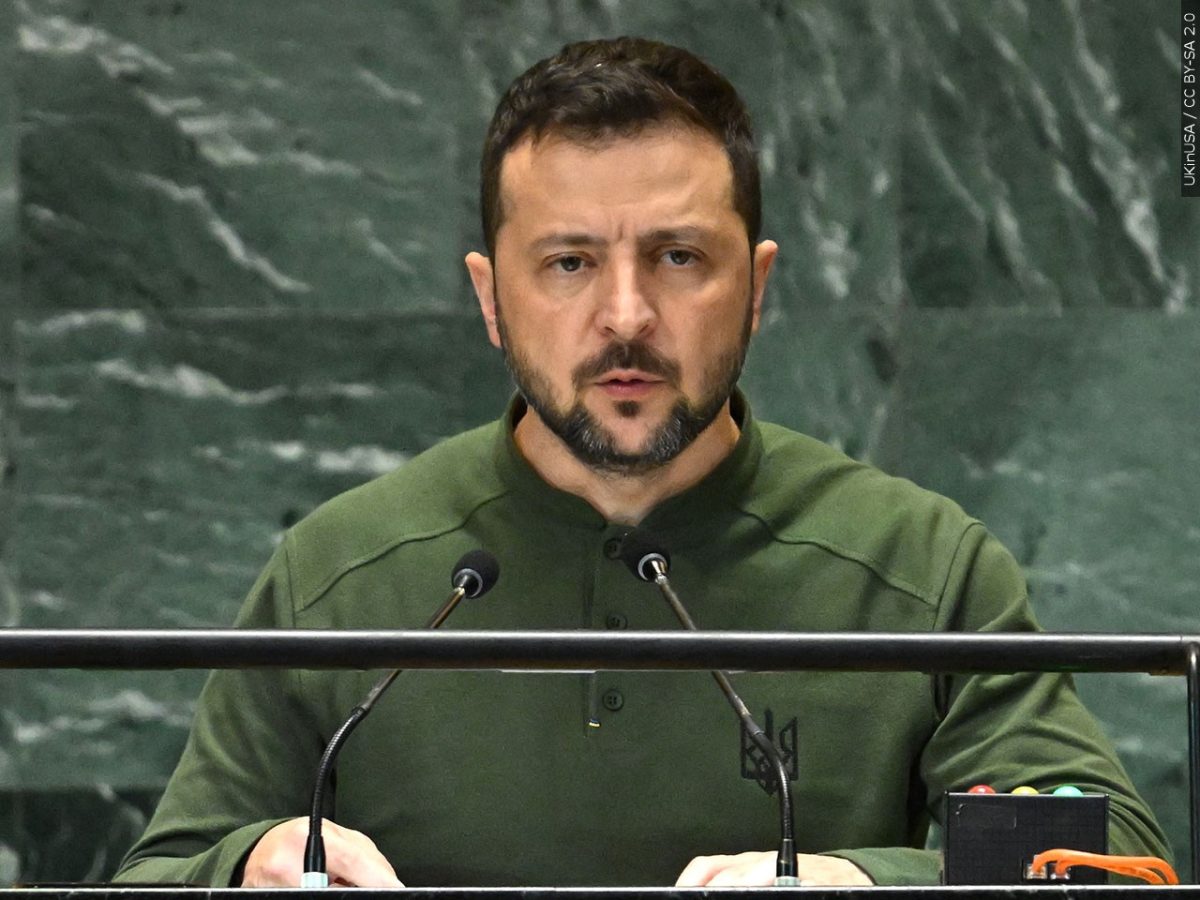The conflict in Ukraine began on Feb. 24, 2022, escalating from the 2014 Russian annexation of Crimea. The annexation, widely regarded as a violation of international law, involved Russia’s claim over the island of Crimea following a disputed referendum. This was met with condemnation from the global community as Crimea was internationally recognized as part of Ukraine.
The war has since evolved into a broader proxy conflict involving significant global powers like the United States.
The North Atlantic Treaty Organization, or NATO, is a mutual defense treaty among nations that was first put in place to safeguard democracies from the Soviet Union after World War II. NATO experienced diminished prominence after the Soviet Union’s collapse in 1991 but has seen renewed activity in the last decade as an international response to Russian aggression.
Notably, Finland and Sweden have joined NATO since the conflict began, driven by concerns over their own regional security and the perceived threat posed by Russia.
There is speculation that the conflict may be nearing its end. However, Russia’s Deputy Foreign Minister, Sergey Lavrov, has emphasized that no resolution will be possible as long as Western nations continue to support Ukraine.
Following the recent presidential election of Donald J. Trump, many anticipate that U.S. foreign policy will undergo significant changes such as furthering isolationism, which entails lessening the amount of aid and overall assistance for allies and or other democracies around the globe. Trump and his supporters have pointed to both the Ukraine conflict and ongoing tensions in the Middle East as crises that began under current President Joe Biden’s administration.
“I personally think the U.S. getting involved is for a good reason; if Russia takes over Ukraine then they will be on the border of a NATO ally,” said Enzo Biagi, a freshman business major. “Then, if Russia decides to attack our allies it could very well lead to a third world war.”
Despite support from much of his party, there is a mix of opinions on how much Trump will really change the situation. Part of Trump’s election ticket was that his administration would stop the wars in both Ukraine and the Middle East, but candidates for decades have made unfulfilled promises on the campaign trail, and spurring action on Capitol Hill is not as easy as many voters might hope.”I think the U.S. is giving way too much money to Ukraine,” said an anonymous student. “Putin says he’s ready for negotiations and if he sticks to his word then we should end it now. However, the U.S. has always had an obligation of defense so if negotiations are not sought out then conflict will continue.”
Protests against the war are occurring worldwide, with calls for peace and diplomacy. In Russia, anti-war demonstrations have resulted in government crackdowns, while protests in the West often focus on the humanitarian toll of the conflict, or in the case of the U.S., the financial weight as well.
The war has resulted in over 9,000 civilian deaths, according to the United Nations, plus an estimated 350,000 military casualties, according to The Defense Post and more than eight million Ukrainians having been displaced, according to the United Nations Refugee Agency, or UNHCR. Humanitarian organizations are working hard, but at times they struggle to address the needs of those affected in meaningful, long-lasting ways, rather they provide short term, immediate assistance but have little power to affect the conflict itself.
According to the U.S. Department of State, the U.S. has provided about $61.4 billion in military help to Ukraine since Feb. 24, 2022, and another $64.1 billion since Russia first moved in 2014. The U.S. has also used the emergency Presidential Drawdown Authority 55 times since August 2021, and that totals to $31.733 of Department of Defense resources.
Numerous people want the U.S. to halt foreign aid and focus the full attention of the government on domestic issues, mostly economically as these wars have been a cash and subsequent weaponry drain.
“If conflict continues, the ultimate goal of NATO will be to bring Ukraine in as a member, which is a scary thought,” an anonymous student said. “That would mean immediate global conflict on a scale we haven’t seen. My wish is for the conflict to end completely, however that is achieved. The land Russia has taken from Ukraine has much Russian heritage and it would not feel as though Ukrainians are being occupied by Russia. At least, I hope. Settle it and stop sending all of our d***money.”
Ukrainian officials are visiting the U.S. to strengthen their case for continued support as the conflict with Russia endures. This outreach includes efforts to engage with advisors from Trump, who has signaled potential policy changes regarding Ukraine should he return to office.
Ukrainian representatives are emphasizing the critical importance of U.S. military aid to their furthered survival as well as the broader defense of democracy as a style of governance. While Ukraine remains at the forefront of international attention, global tensions are shifting. The Israeli-Palestinian conflict and concerns over China’s growing influence in the Asia-Pacific have drawn resources, eyes and focus away from Ukraine.
These developments are reshaping geopolitical priorities, leaving Ukraine to make an urgent case for sustained Western support amid evolving socio-political sentiment.


